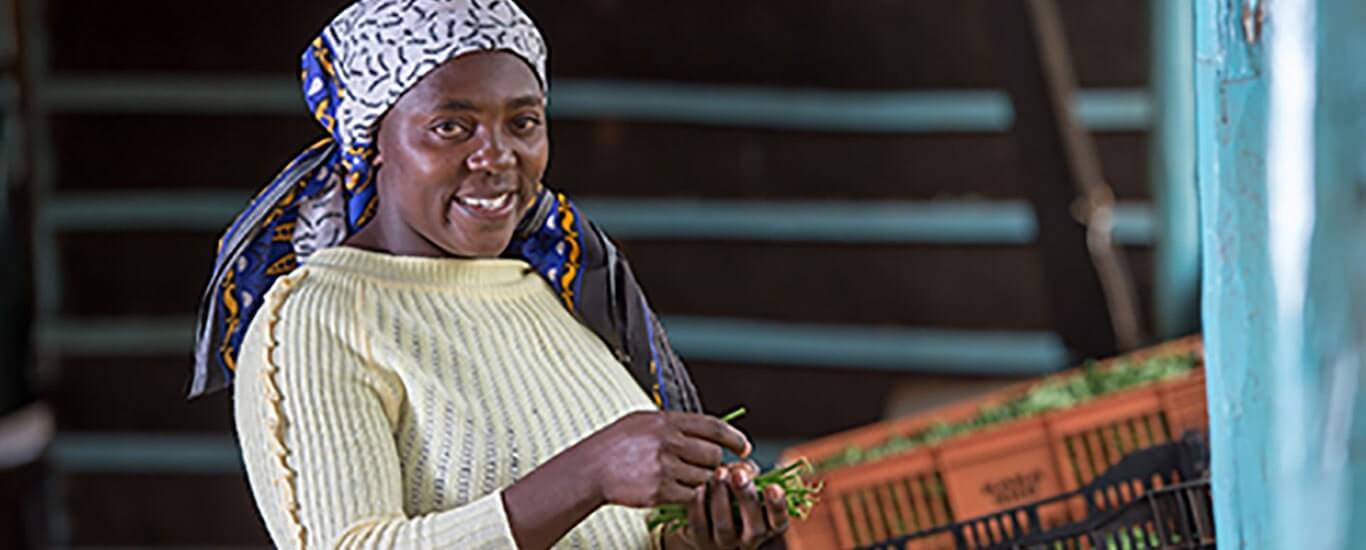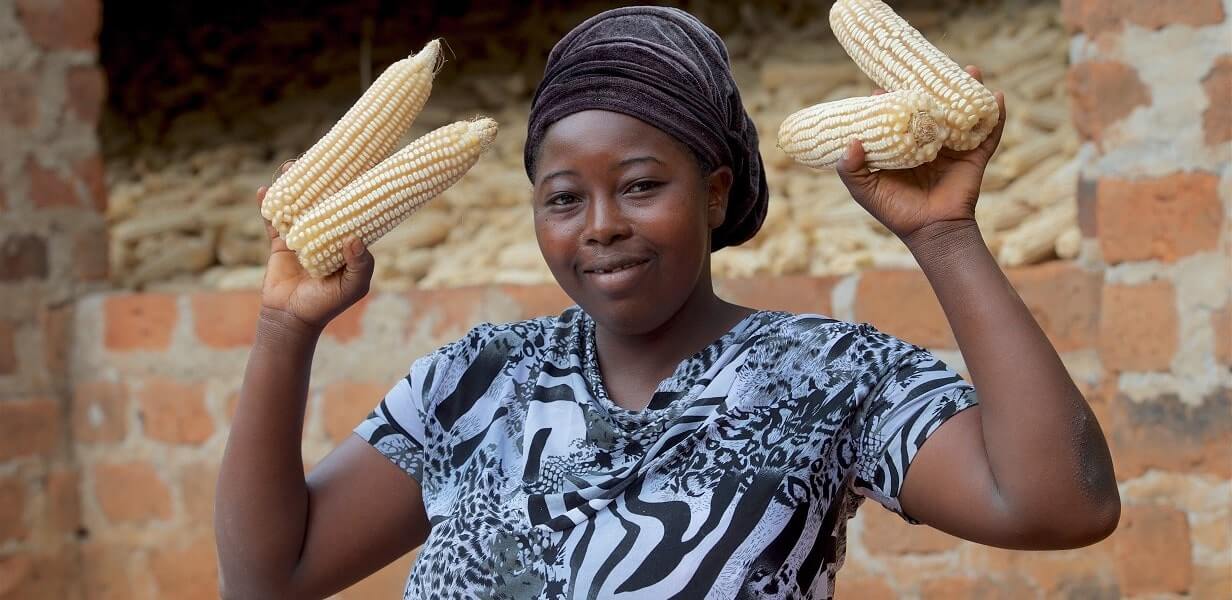Simplification works. Exporters, and importers of fresh or dry produce to Kenya are required to register with Kenya Plant Health Inspectorate Service (KEPHIS). Until recently, this registration took between 10 to 28 days with the traders completing a total of 10 steps and filling in 13 documents. A time-consuming effort that was also costly. Simplification of processes by KEPHIS have reduced the number of steps by half - to 5- and requirement to submit only 3 documents, translating into a 62 % reduction of traders’ transactional costs The Information for Trade in Kenya Portal (InfoTradeKE) serves as a one-stop shop for information on trade-related procedures, from various government directorates, and provides a step-by-step guide on foreign trade procedures from the user’s (exporter/importer) point of view. It was implemented by Kenya Trade Network Agency (KenTrade) in partnership with TradeMark Africa (TMA) through funding from United States Agency for International Development (USAID) and the Netherlands and with technical support from the United Nations Conference on Trade and Development (UNCTAD). The Portal has approximately 10,000 visitors each month. It has proven to be an ideal tool for regulators to analyse interventions in the export and import chain, providing insights on bottlenecks and barriers to trade that need to be dealt with to make the trader’s experience more efficient. The results from the simplification of the procedure to register as an exporter of fresh and dry produce with the Kenya Plant Health Inspectorate Service (KEPHIS) provides a perfect illustration of the power of this...
Cutting red tape for inclusive trade, one procedure at a time
Posted on: May 19, 2020
Posted on: May 19, 2020
























